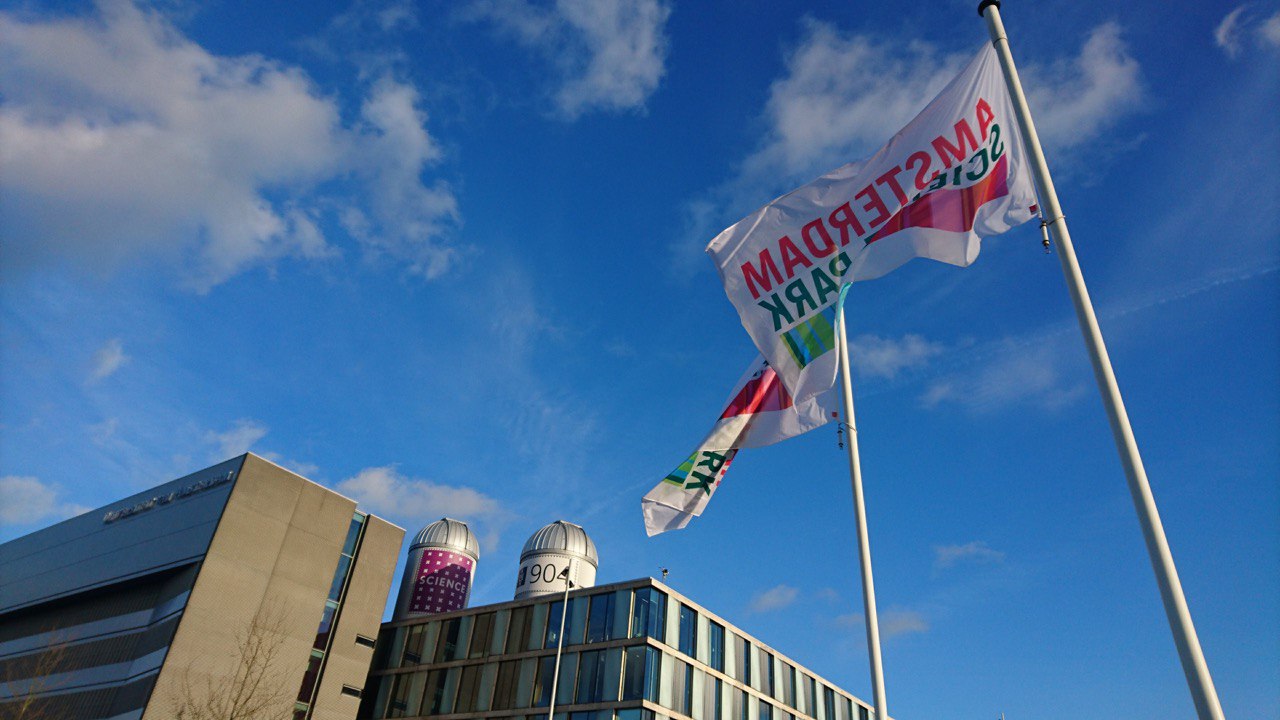ASPIRE 2026 application process has now closed.
Application deadline: Extended to 19 December 2025.
Applications for ASPIRE 2026 can now be submitted. In line with earlier editions, we expect many applicants from all around the world. To optimise your chances of admission and ensure a smooth process, please read the FAQ and follow the application instructions strictly.
In the first six years of ASPIRE, we have had 46 participants do a summer research projects, from MSc programmes in 20 countries all over the world (predominantly from Africa, Asia, and South America). Of course the pandemic had an impact, forcing us to cancel the 2020 edition and having the 2021 and 2022 editions online. However, in 2023 we returned to attendance in-person, which we expect this year as well. Selection of applicants will be independent of ability to pay: the programme pays for travel, lodging, subsistence, and visa. You can find out all about some of their adventures and science over at the ASPIRE blog. We are excited to let you know that the seventh edition of ASPIRE will run in summer 2026, live in Amsterdam, for 8 weeks in the period 15 June to 7 August. You will still be working one on one with your advisor on a cutting edge research project and be a member of one of APIs research groups.
Calling all aspiring astronomers and astrophysicists!
We are excited to welcome applications for the seventh edition of ASPIRE (Astrophysics Summer Program for International Research Experience) in Amsterdam, the Netherlands!
ASPIRE will be a 8-week on-site programme in Amsterdam for highly-motivated students to work at the cutting-edge of astronomical research at the Anton Pannekoek Institute (API), University of Amsterdam. Our goal is to give you the experience of astronomical research at a world-leading institute and help kick-start your journey into a science career and all the other avenues it can open. You’ll gain new research skills and an advisor who will be your guide and mentor. We are especially seeking students whose opportunities to access to such experiences are currently limited.
At the API, we recognise that our strengths and successes come from the diversity of our researchers, whose unique personalities, backgrounds, cultures and talents enhance our progress in science and are key to the identity of our institute. We therefore invite all students from across the world*, who are currently engaged in (or recently completed) an MSc programme, to apply to ASPIRE. We are especially keen to welcome students from countries and institutes where opportunities for research experience are scarce, and we further specifically encourage applications from groups whose talents are typically untapped and under-represented by astronomical institutes, including, but not limited to: people of colour, women, and students whose socio-economic background is underprivileged.
*We invite people from across the entire world; of course we need to leave enough time after selection to go through the (sometimes extensive) visa application process that is needed for many countries from which we admit participants. Usually these visa applications are successful, but in cases where they are not we invite the participant to take part remotely in the school. Our experience from COVID days is that the effect of the school on the life and career of the participant is the same with remote participation, even though it is more exciting to attend in person.
To get an impression of what kind of selection of candidates this leads to, and what the impact of the programme is over time, we recommend you read our analysis of the first five years of the programme at ASPIRE Reflections.
With ASPIRE, you’ll be working on exciting individual research projects with our academic faculty, postdocs and PhDs, embedded within a research group, taking place between 15 June and 7 August. Our topics range from exoplanets and their atmospheres, to the extreme astrophysics of massive star explosions, transients and black holes. The projects cover different aspects of theory, modelling and observational research, and will introduce you to members of the different API research groups. ASPIRE will also include a once-a week series of tailored lectures by API researchers who will provide some basics on programming and research skills, as well as an exciting look into the research frontiers we explore at the API. We will have several social events throughout the programme too so you can meet API researchers, from MSc and PhD students to the postdocs and the faculty. At the end of the program, we will hold the ASPIRE symposium, where you and your fellow ASPIRE students will present short talks on your research achievements from the program.
The API
 The Anton Pannekoek Institute is located in Science Park 904
and is home to Amsterdam’s astronomers.
Anton Pannekoek Institute has about 20 faculty,
15 senior/research associates, and over 50 PhD and Msc students. Research at the
API covers a broad range of themes from the origin of life to high-energy astrophysics,
including both observations over all wavelengths and theoretical modelling.
The research program includes; modelling stellar and planetary formation, evolution,
and their populations; modelling neutron stars and black holes; and looking at
explosions and bursts from stars, neutron stars, and black holes.
The Anton Pannekoek Institute is located in Science Park 904
and is home to Amsterdam’s astronomers.
Anton Pannekoek Institute has about 20 faculty,
15 senior/research associates, and over 50 PhD and Msc students. Research at the
API covers a broad range of themes from the origin of life to high-energy astrophysics,
including both observations over all wavelengths and theoretical modelling.
The research program includes; modelling stellar and planetary formation, evolution,
and their populations; modelling neutron stars and black holes; and looking at
explosions and bursts from stars, neutron stars, and black holes.
Applications have closed!
DEADLINE: 19 December 2025 (Extended!).
Want to promote the ASPIRE summer school? Download the poster!

 SPIRE
SPIRE